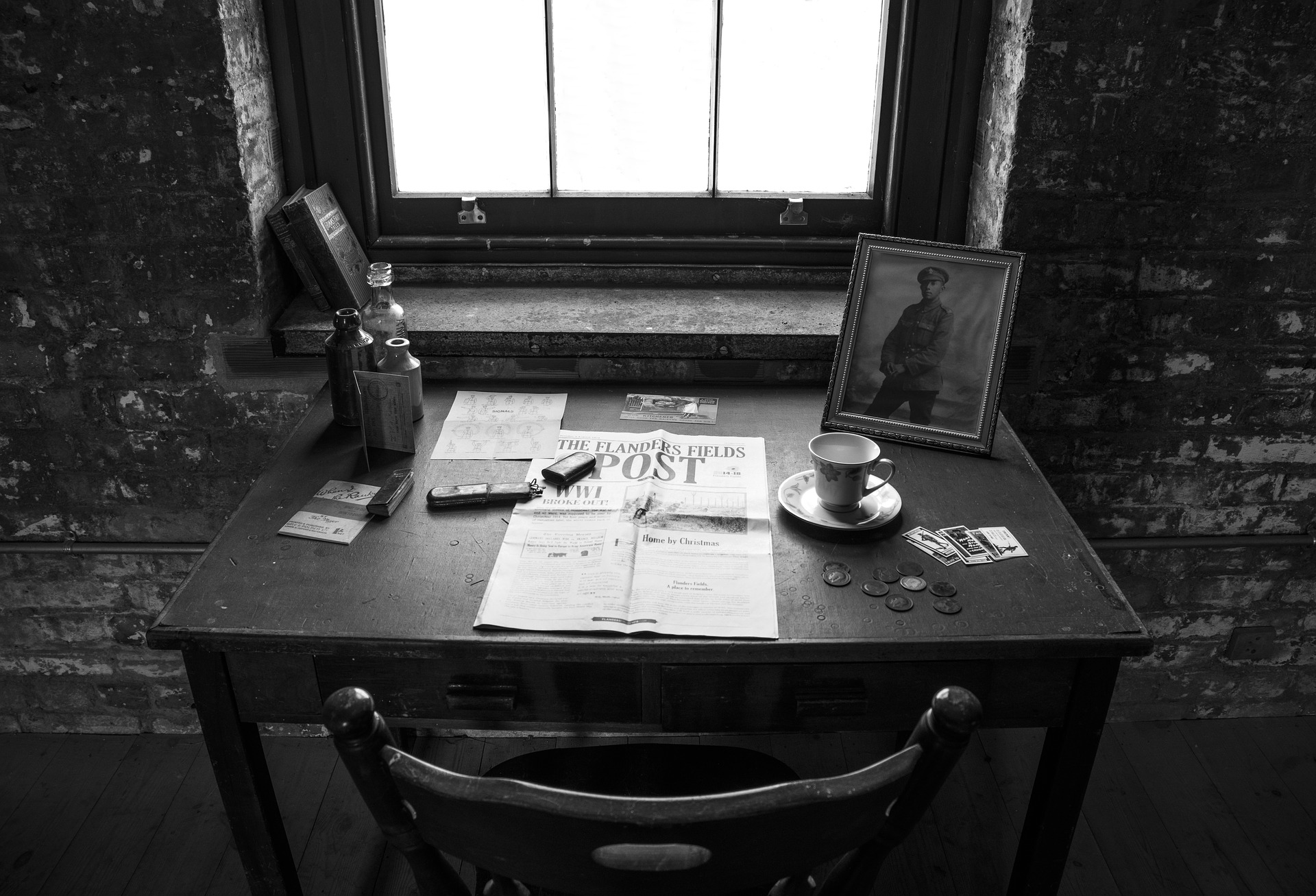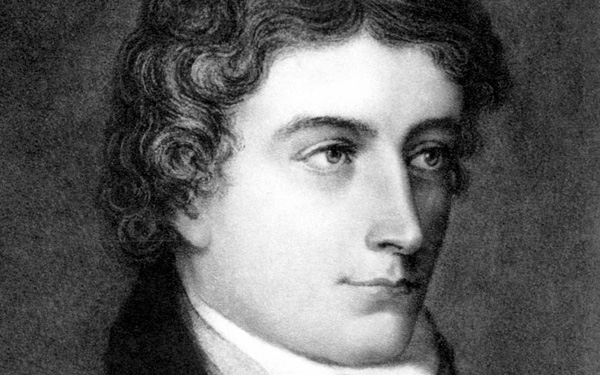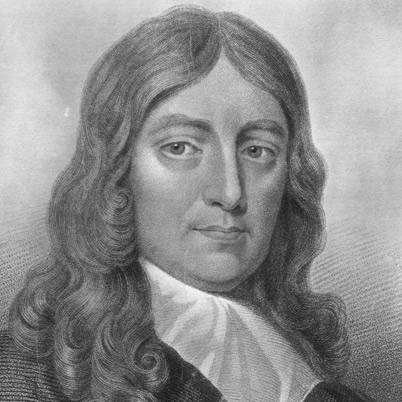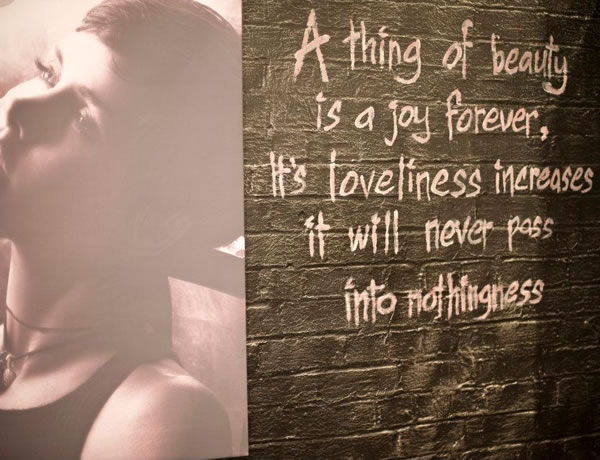John Milton was born in London on 9th December 1608. After university, he spent six years in his father’s country home in Buckinghamshire, following a rigorous independent study course, including classical and modern works, to prepare for a career as a poet. In addition, Milton was proficient in Latin, Greek, Hebrew, French, Spanish, Italian, Old English, and Dutch. During his period of private study, Milton composed several poems, including “On the Morning of Christ’s Nativity,” “On Shakespeare,” the companion poems “L’Allegro” and “Il Penseroso,” and the pastoral elegy “Lycidas.”
During the English Civil War, Milton championed the Puritans’ cause and Oliver Cromwell’s cause. He wrote a series of pamphlets advocating radical political topics, including the morality of divorce, the freedom of the press, populism, and sanctioned regicide. Milton also served as secretary for foreign languages in Cromwell’s government.
After the Restoration of Charles II to the throne in 1660, Milton was arrested as a defender of the Commonwealth, fined, and then released. He lived the rest of his life in seclusion in the country, completing the blank-verse epic poem Paradise Lost in 1667, its sequel Paradise Regained, and the tragedy Samson Agonistes in 1671.
Milton died on 8th November 1674.
About On His Blindness
“On His Blindness” is one of the best-known sonnets of John Milton. The poem may have been written as early as 1652, although most scholars believe it was composed sometime between June and October 1655, when Milton’s blindness was complete. However, what we do know for sure is that it was first published in 1673.
On His Blindness Setting
This poem is set entirely within the poet’s mind. He expresses his doubts to himself and also finds consolation within himself. He is afraid that going blind will prevent him from composing great poetry, but he also learns that we must accept God’s will without questioning his intention.
On His Blindness Summary
This poem is a sonnet. A sonnet consists of fourteen lines divided into an eight-line unit known as an octave and a six-line team known as a sestet. The octave and sestet can together form a single stanza (which is the case in “On His Blindness”) or appear as two separate stanzas. Since the fourteen lines of this sonnet are not divided into stanzas, they are divided into meaningful segments for this summary to make the poem easier to follow and understand. This poem is written in the first person; hence we can assume that the speaker of the poem is the poet himself.
Lines 1 – 2:
“When I consider how my light is spent
Ere half my days in this dark world and wide,
In these lines, the poet says that the light has left his eyes even before half his life is over, that is, just when he is about to reach middle age.”
Lines 3 – 6:
“And that one talent which is death to hide
Lodg’d with me useless, though my soul more bent
To serve therewith my Maker, and present
My true account, lest he returning chide,”
In these lines, the poet says that God has given him the talent of poetic composition, and if he cannot produce something worthwhile using that talent, he deserves to die. However, his talent has been rendered useless by losing his eyesight. Even so, he wishes to serve God by using his talent. He wants to tell the true story of his life in his poetry, which is perhaps why he is writing this sonnet on his blindness. He is writing this poem so that God does not become angry at him and think that he is wasting the talent that has been given to him.
Lines 7 -11:
“Doth God exact day-labour, light denied?”
I fondly ask. But Patience, to prevent
That murmur soon replies: “God doth not need
Either man’s work or his own gifts: who best
Bear his mild yoke, they serve him best. His state“
In these lines, the poet is prompted to ask God a question directly. He asks God whether he would be cruel enough to expect something productive from a blind man as the price for providing him with the talent that has helped him earn his bread and butter thus far. However, the poet is a patient man by nature, and this component of patience in his personality stops him from posing the above-mentioned question to God. His patience tells him that God does not ask for anything from a man. He does not ask for His gifts to be returned, nor does He expect every man to make use of those gifts. The ones who want to serve God in the best way possible only accept the hand they have been dealt gracefully and without bitterness.
Lines 12 – 14:
“Is kingly; thousands at his bidding speed
And post o’er land and ocean without rest:
They also serve who only stand and wait.”
In these lines, the element of patience within the poet proffers him some advice to deal with the supposedly harsh ordeal of his going blind. His patience tells him that God is akin to a king with many kingdoms under his dominion and countless subjects to do as he asks. There are similarly thousands of men on earth who follow God’s every instruction to the letter and who hurry over lands and seas without a moment of rest to fulfill the duties allotted to them. However, these are not the only people who serve God. There are also others who merely stand and wait for God to decide how their lives will go. Their superior service to God is to accept whatever trial God puts on their path and deal with such trials with courage and resilience. These people also serve God to the best of their ability, and God loves everyone equally.
Some online learning platforms provide certifications, while others are designed to simply grow your skills in your personal and professional life. Including Masterclass and Coursera, here are our recommendations for the best online learning platforms you can sign up for today.
The 7 Best Online Learning Platforms of 2022
- Best Overall: Coursera
- Best for Niche Topics: Udemy
- Best for Creative Fields: Skillshare
- Best for Celebrity Lessons: MasterClass
- Best for STEM: EdX
- Best for Career Building: Udacity
- Best for Data Learning: Pluralsight















